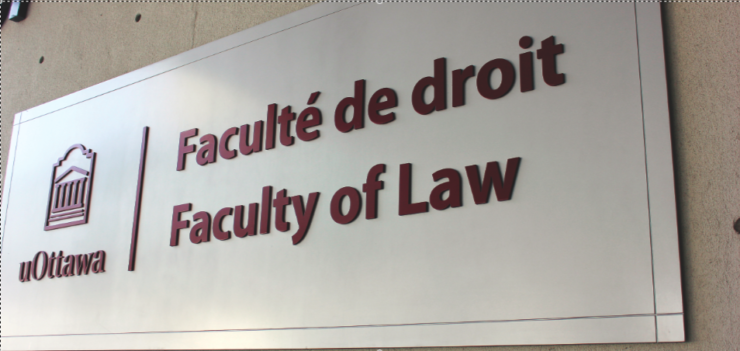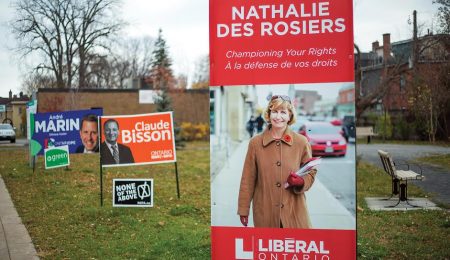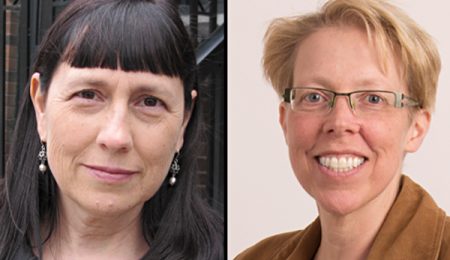Religious university’s bid for a law school has LGBTQ groups worried
Sofia Hashi | Fulcrum Staff
A private Christian university in British Columbia has been met with protests from LGBTQ university communities across the country.
Trinity Western University’s (TWU) bids for a law faculty in both June and November of 2012 were challenged because of a covenant that students and faculty are required to sign upon admittance to the school that states they must uphold biblical teachings.
Allison Vanek, a second-year law student and executive member of OUTLaw, the University of Ottawa’s LGBTQ Law Students’ Association, said it was William Flanagan, dean to both Queen’s University’s faculty of law and the Canadian Council of Law Deans, who first wrote a letter opposing a possible law school at TWU and began attracting media attention.
“It started off with us writing these letters on an individual basis,” said Vanek about the letters OUTLaw sent in support of Flanagan’s response to the bid.
“We were contacted by a member of our faculty who said, ‘This might be a good thing for OUTLaw to weigh in on,’” continued Vanek.
“We were then contacted by members of the OUTLaw groups at other law schools [and] we decided that collectively, if we did this all together, our letters would have a much greater impact than [if] we sent them off individually.”
The covenant requires students to abstain from “sexual intimacy that violates the sacredness of marriage between a man and woman.” Vanek pointed out that these rules render LGBTQ students, faculty, and their families marginalized and invisible.
“It’s worth noting that the covenant promotes positive values and typically asks that everyone who signs it refrains from any form of harassment or discrimination,” said Vanek. “The covenant really has evolved over the years, but ultimately [it] still retains several provisions that are inherently discriminatory to LGBTQ students, faculty, and staff.
“They’re exclusionary toward trans-identified people, polyamorous relationships, any other forms of non-monogamy, unmarried same-sex couples, married same-sex couples, and really any form of sexual expression that is not sanctified by the Bible,” Vanek continued.
This is not the first time TWU’s covenant has inspired controversy. In 2001, TWU became embroiled in a legal battle about their right to obtain proper certification for a teacher’s college. The case went all the way to the Supreme Court of Canada, which ultimately ruled in favour of TWU.
Joseph Jacques, a second-year law student at the U of O and executive member of OUTLaw feels it’s necessary to point out that times have changed.
“In our letter, we worked really hard to show that same-sex relationships from a legal standpoint specifically have changed a great deal since 2001,” said Jacques.
“Same-sex marriage is legal now federally; same-sex couples are able to adopt in most, if not all, provinces; and same-sex rights and trans rights are protected by the Human Rights Act in, I think, every province in Canada,” added Jacques when speaking about the 2001 TWU case.
Jacques also believes that if a law school were to be granted to TWU, then it would have a huge effect on its faculty and students.
“Certainly as we said in the letter, I found that a lot of the success that myself and my colleagues have enjoyed here at law school have been from the supportive environment from the faculty and the other students,” he said.
“I’m careful not to go down that road that this covenant would promote discrimination because I don’t think it does, but I think it does allow for institutional discrimination.”





